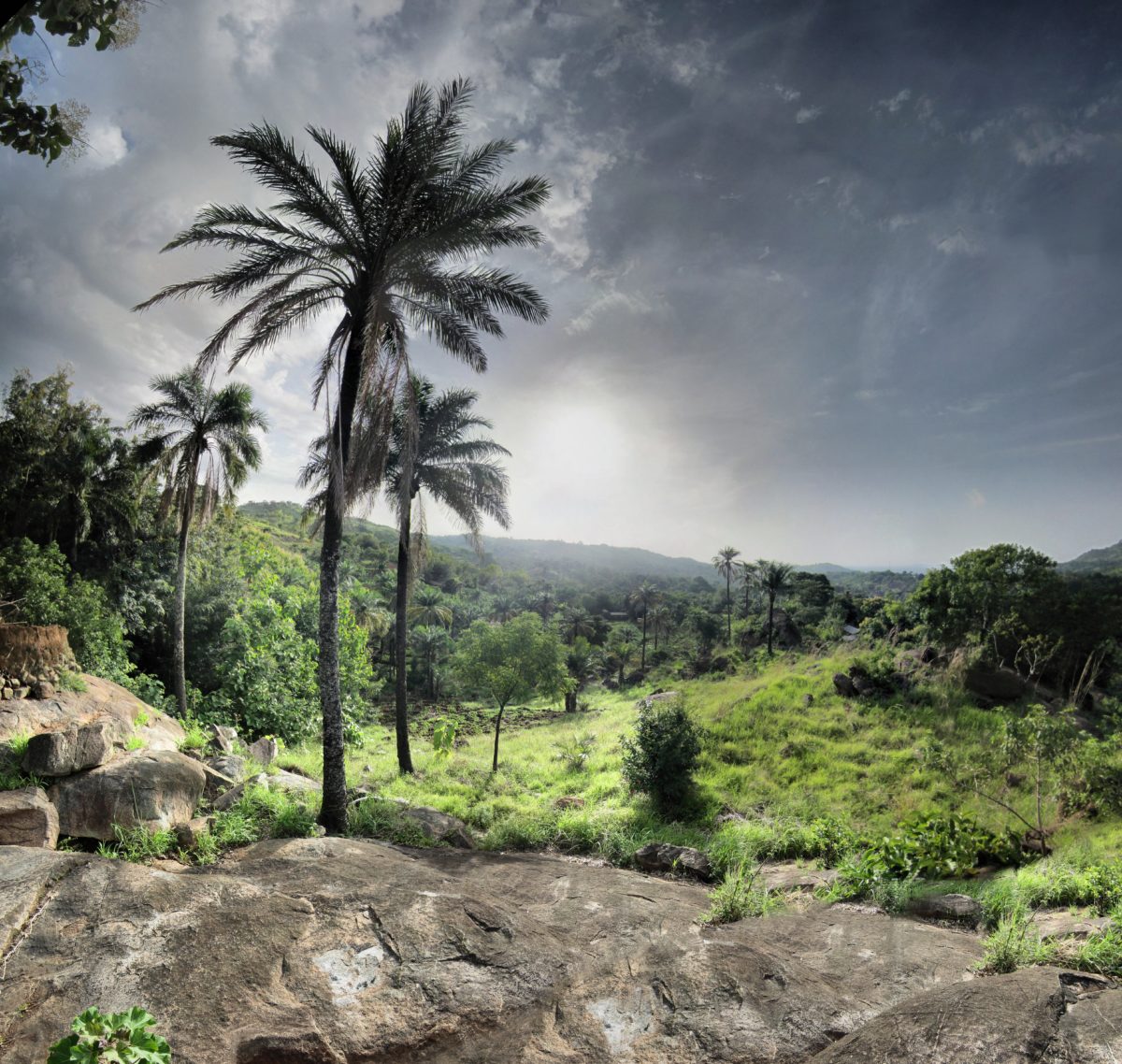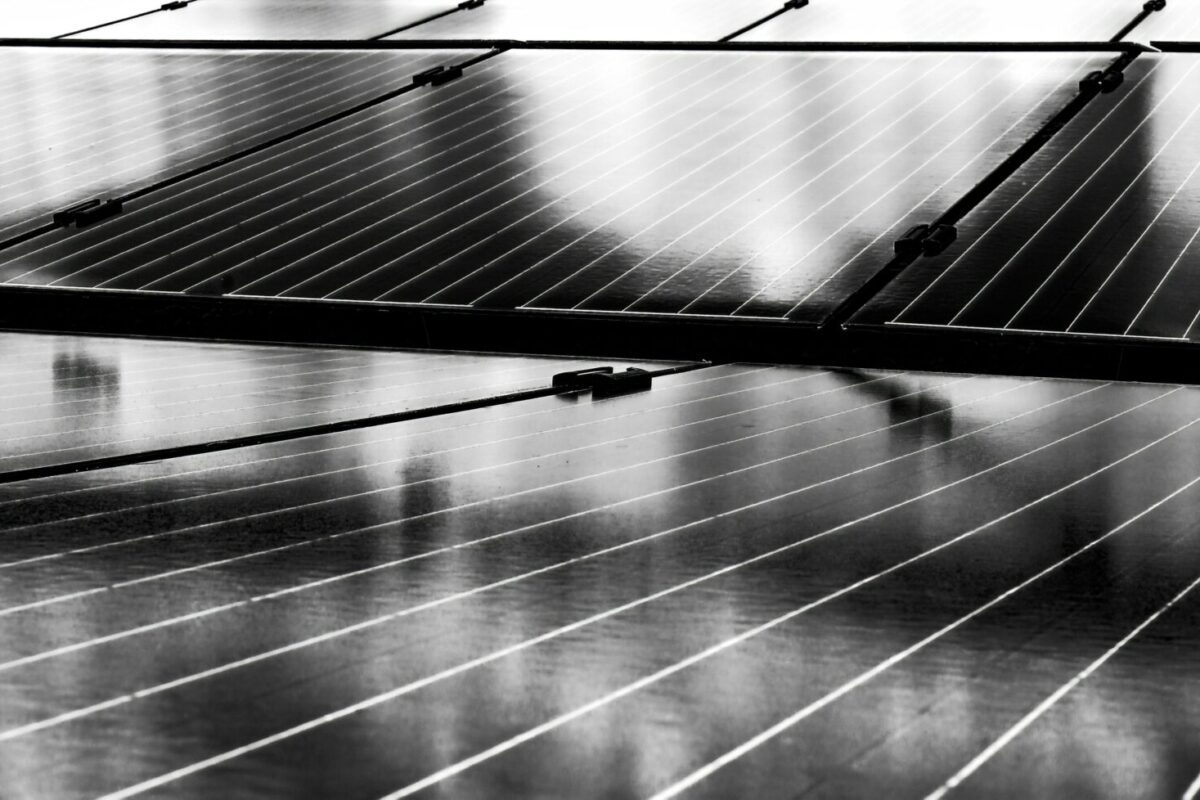The president of the Togolese Republic, Faure Essozimna Gnassingbe, has launched the program “CI-ZO”, a rural electrification initiative aimed at bringing solar energy to two million people in the country’s remote areas with no connection to the power system by 2022.
If achieved, this target would enable the country to raise the rural electrification rate of its isolated areas from 7% currently to 40% by 2022.
The initiative will be financed through a public fund of 8.7 billion CFA ($14.8 million) and private investments in the amount of 60 billion CFA ($102.4 million). The solar kits will be distributed by private companies, the government added.
The pilot phase of the program, which is expected to bring power to around 20,000 households, will be completed by the end of this year. Overall, the government hopes that the program will reach 300,000 households.
Togo is one of the smallest countries in Africa, with a population of approximately 7.5 million. According to the US Agency for International Development (USAID), Togo is currently being provided with power by thermal plants, imports from Nigeria and Ghana, and some hydropower. The country, however, has good potential renewable energy resources thanks to a solar radiation of 1,700-2,100 kWh per square meter per year.
This content is protected by copyright and may not be reused. If you want to cooperate with us and would like to reuse some of our content, please contact: editors@pv-magazine.com.




I am Devon Wilson a Decentralized Hydro Researcher /System Designer and i am very impressed with Togo effort to go green.However i am recommending a mix of renewable energy.I am advising against a total solar
instillation for your rural electrification.This is a one sided solution, as you all know that solar is a intermittent renewable energy source.There is a system known as decentralized hydro plant that is driven by a technology known as weight transfer and relief matrix.I would like to solicit the collaboration of the Togo Government with the deployment of this technology as part of their renewable energy mix.